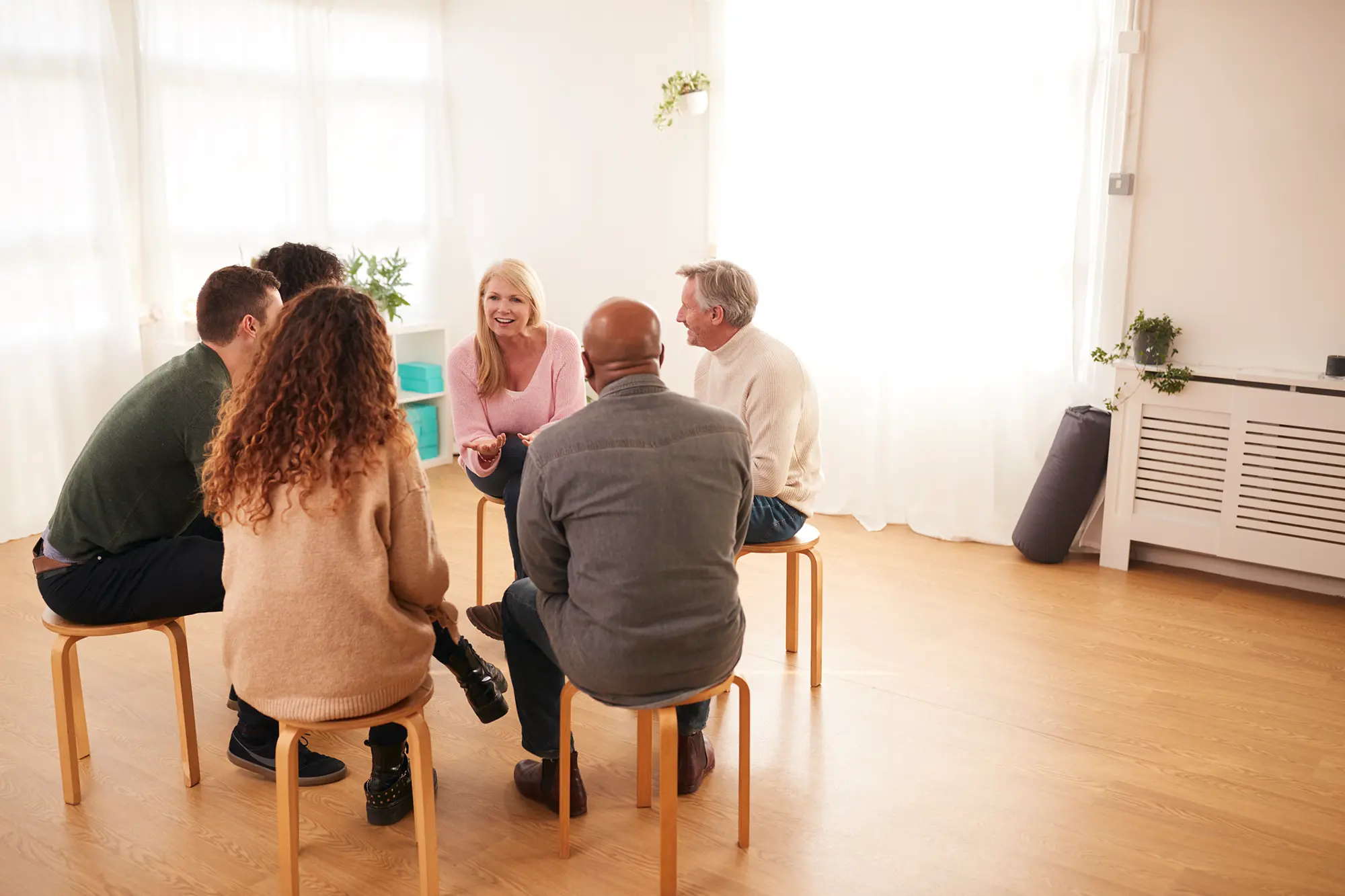The Need for Control in Dependent People
May 31, 2019
Somebody upstairs thought it was a good idea for Randy to show the new guy around the plant. As if Randy had the time to show some guy around. Why were the higher-ups always doing stuff like that? Bring in the new guy, and things got turned upside down. Who knew what this guy would want to change? New bosses always meant changes.
If the truth be told, Randy could run the plant himself and did, when people just left him alone. Randy looked at the clock on the wall and took a deep breath. He’d be pleasant, spout the company line. This wouldn’t be a complete waste of time. Randy would use it to get a read on the new guy and figure out how much trouble he was likely to cause. If anyone was going to be uncomfortable at this job, it was not going to be Randy.
The Need For Control
Because dependent people live in such an ongoing state of fear, they will go to great lengths to establish order and a sense of control over their surroundings. Does that sound like you? Do you recognize those desires within yourself?
When disaster is seen as only one misstep away, it’s understandable that you would seek to control others. You may be the type of person who feels safe only when you can control those around you.
This need for control can seem counterintuitive for people who do not have a strong sense of self. But if you do not have a strong sense of self, you may substitute a strong sense of safety. If you do not trust yourself, then you are left to trust in others to avoid danger. Nondependent people welcome their safety within their sense of self. Dependent people are susceptible to suspicion of outside people or events because they fear those people or events will cause a loss of safety.
If you do not feel safe within yourself, you construct a scaffold of safety around yourself, often using routine, tradition, and rules. The authority, then, comes from the rules and not from you, thus deflecting away any responsibility. If you are dependent, you may use these outside sources of authority to coerce compliance and maintain control over people and situations.
Dependent fear tells you to look away when you should face forward. It wants to control your life in a misguided attempt to keep you safe. Dependent fear misunderstands because it is not based in truth.
Dr. Gregory Jantz
Dr. Gregory Jantz is the founder of The Center • A Place of HOPE in Edmonds, Washington, voted a top ten facility for the treatment of depression in the United States. Dr. Jantz pioneered Whole Person Care in the 1980’s and is a world-renowned expert on eating disorders, depression, anxiety, technology addiction, and abuse. He is a leading voice and innovator in Mental Health utilizing a variety of therapies including nutrition, sleep therapy, spiritual counseling, and advanced DBT techniques. Dr. Jantz is a best-selling author of 37 books and has appeared on CBS, ABC, NBC, Fox, and CNN.
OTHER POPULAR ARTICLES

Alternative Approaches to Treatment-Resistant Depression: Holistic Strategies When Traditional Methods Fall Short
When standard treatments for depression fail to provide relief, the journey toward healing can feel overwhelming and discouraging. Treatment-resistant depression (TRD) affects approximately 30%...

Cognitive Behavioral Therapy vs. Medication: A Holistic Perspective on Anxiety Treatment
When facing anxiety, choosing the right treatment approach is one of your most important decisions. The debate between Cognitive Behavioral Therapy (CBT) and medication...

Dialectical Behavior Therapy Techniques for Depression: Finding Balance and Healing
Depression can feel like being trapped in a dark room with no doors or windows, a place where hope seems distant and joy feels...